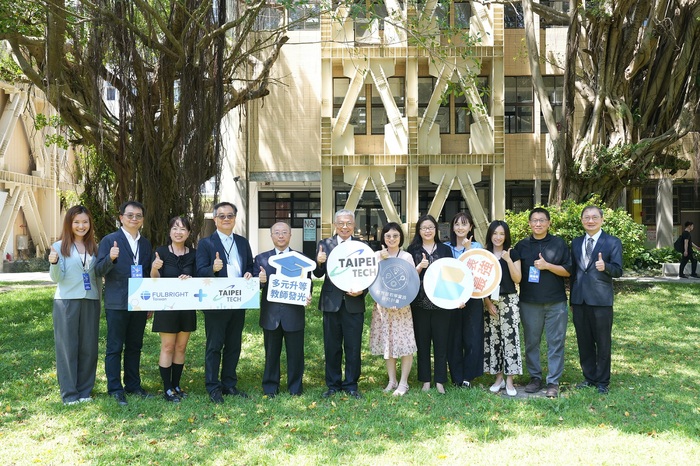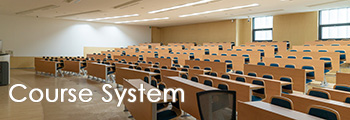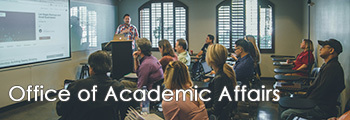Taipei Tech Faculty Honored in MOE Teaching Practice Research Program Achievements

The Ministry of Education recently announced the recipients of its Teaching Practice Research Achievements Awards, recognizing university instructors who excel in creative teaching and applied research. Four professors from Taipei Tech received this prestigious honor, highlighting the university's leading role in innovative education.
Award-Winning Faculty and Innovations:
1. Professor Wang Chen-shu (Department of Information and Finance Management)
Wang introduced a Problem-Based Learning (PBL) approach combined with critical thinking skills in her Financial Education Analysis and Logical Thinking course. She incorporated real-world institutional research questions into the course, providing students with a hands-on framework to develop their analytical and problem-solving skills.
2. Professor Hsu Hua-yi (Department of Mechanical Engineering)
Hsu designed an interactive learning approach that combines videos, images, hands-on activities, and real-world experiments to make complex fluid mechanics concepts more accessible. Students who have worked through Hsu’s labs in vortex flow, jet impact, and Reynolds number have responded that she makes abstract concepts more concrete and easier to grasp, significantly enhanced students’ understanding.
3. Associate Professor Lee I-jui (Department of Industrial Design)
To help students understand ergonomic principles, Lee used a hands-on approach by having them assemble pens to simulate a production line. This exercise allowed students to experience key concepts like production efficiency, workload distribution, and human factors in manufacturing—bridging the gap between theory and real-world application.
4. Lecturer Liu Hui-wen (Foreign Language Center)
Liu utilized the AI tool Sensay to help students improve their English-speaking skills. She observed that many students were hesitant to speak English due to a lack of confidence. By using Sensay on their phones, they could practice independently without the pressure of speaking to a teacher. This self-paced approach allowed the students to build confidence, making it easier to engage in real conversations when they felt ready.
President Wang Sea-fue of Taipei Tech highlighted the university's notable achievements: Taipei Tech boasts a 21.28% award rate in MOE’s Teaching Practice Research Achievements Awards, far exceeding the national average of 8.9%. Over the past decade, the university has published numerous research papers in international SSCI and SCI journals, emphasizing the significance of innovative teaching practices in faculty advancement. With these recent accolades, Taipei Tech continues to lead in innovative education, preparing students to address future industry and societal challenges effectively.
Award-Winning Faculty and Innovations:
1. Professor Wang Chen-shu (Department of Information and Finance Management)
Wang introduced a Problem-Based Learning (PBL) approach combined with critical thinking skills in her Financial Education Analysis and Logical Thinking course. She incorporated real-world institutional research questions into the course, providing students with a hands-on framework to develop their analytical and problem-solving skills.
2. Professor Hsu Hua-yi (Department of Mechanical Engineering)
Hsu designed an interactive learning approach that combines videos, images, hands-on activities, and real-world experiments to make complex fluid mechanics concepts more accessible. Students who have worked through Hsu’s labs in vortex flow, jet impact, and Reynolds number have responded that she makes abstract concepts more concrete and easier to grasp, significantly enhanced students’ understanding.
3. Associate Professor Lee I-jui (Department of Industrial Design)
To help students understand ergonomic principles, Lee used a hands-on approach by having them assemble pens to simulate a production line. This exercise allowed students to experience key concepts like production efficiency, workload distribution, and human factors in manufacturing—bridging the gap between theory and real-world application.
4. Lecturer Liu Hui-wen (Foreign Language Center)
Liu utilized the AI tool Sensay to help students improve their English-speaking skills. She observed that many students were hesitant to speak English due to a lack of confidence. By using Sensay on their phones, they could practice independently without the pressure of speaking to a teacher. This self-paced approach allowed the students to build confidence, making it easier to engage in real conversations when they felt ready.
President Wang Sea-fue of Taipei Tech highlighted the university's notable achievements: Taipei Tech boasts a 21.28% award rate in MOE’s Teaching Practice Research Achievements Awards, far exceeding the national average of 8.9%. Over the past decade, the university has published numerous research papers in international SSCI and SCI journals, emphasizing the significance of innovative teaching practices in faculty advancement. With these recent accolades, Taipei Tech continues to lead in innovative education, preparing students to address future industry and societal challenges effectively.






